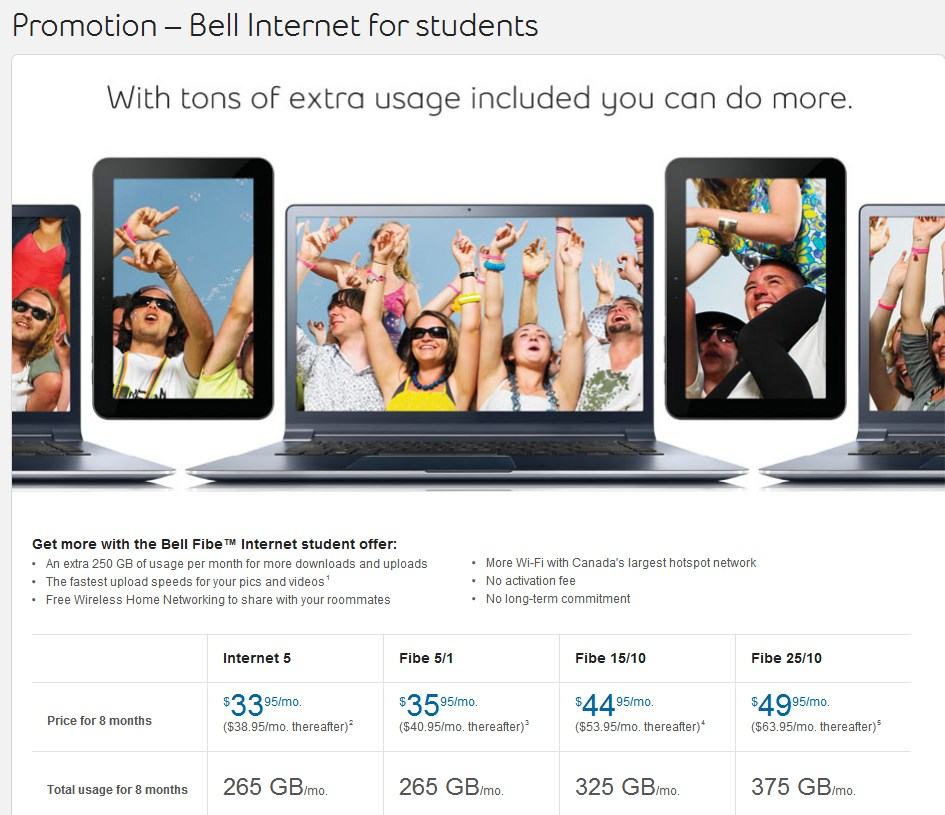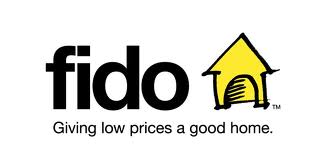 Earlier this year, Bell Canada announced a blockbuster $3.38 billion offer to buy Astral Media, Inc. It is just the latest rush towards media concentration in Canada as the country’s largest cable and phone companies acquire a growing number of television networks, cable services, radio and broadcast television outlets, magazines, and other media.
Earlier this year, Bell Canada announced a blockbuster $3.38 billion offer to buy Astral Media, Inc. It is just the latest rush towards media concentration in Canada as the country’s largest cable and phone companies acquire a growing number of television networks, cable services, radio and broadcast television outlets, magazines, and other media.
Bell Canada already owns CTV – a major broadcast network, and TSN sports. Now it is back for more — Astral Media, the company that owns HBO Canada, The Movie Network, Family, Viewers Choice and lots more.
If this deal wins approval, one company will control 37.6% of TV viewing in Canada, more than twice the amount of its largest competitor. It means Bell will be able to set rates for some of Canada’s most popular cable networks and shows — putting competitors at a major disadvantage and forcing you to pay more to watch.
[flv width=”640″ height=”380″]http://www.phillipdampier.com/video/Say No to Bell Canada.flv[/flv]
Say No to Bell’s ad campaign fighting Bell Canada’s attempt to buy Astral Media. (1 minute)
The federal government has to approve this deal, and a growing number of competing media companies, consumer groups, and politicians are coming together to oppose it.
 Stop the Cap! believes Bell Canada owns too much already, and has repeatedly demonstrated that when it flexes its marketplace muscle, consumers pay more for less service. Add your voice against this deal by submitting a letter to Canada’s Ministers of Heritage and Industry, the Competition Bureau, the CRTC and your Member of Parliament and visiting the other opposition websites noted below.
Stop the Cap! believes Bell Canada owns too much already, and has repeatedly demonstrated that when it flexes its marketplace muscle, consumers pay more for less service. Add your voice against this deal by submitting a letter to Canada’s Ministers of Heritage and Industry, the Competition Bureau, the CRTC and your Member of Parliament and visiting the other opposition websites noted below.
No company needs to own and control 79 TV channels, 107 radio stations and more than 100 major Canadian news, entertainment, and cultural websites.
Even smaller Canadian cable companies fear this deal. Cogeco Cable, Eastlink, and Quebecor (parent company of Vidéotron), have joined forces to launch saynotobell.ca, a website to help consumers fight back. Quebec-based consumer group Option consommateurs has its own online petition in French, and Openmedia’s Stop the Takeover Coalition includes a range of pro-consumer forces opposed to the deal:
- OpenMedia.ca
- the Public Interest Advocacy Centre (PIAC)
- the Canadian Internet Policy and Public Interest Clinic (CIPPIC)
- Canada Without Poverty and the CWP Advocacy Network,
- the Canadian Media Guild (which represents over 6,000 media workers, including those from CBC, Reuters, the Canadian Press, and Shaw Media),
- the Consumers’ Association of Canada,
- the Council of Canadians (Canada’s largest citizens’ group),
- the Council of Senior Citizens’ Organizations of British Columbia (COSCO),
- Union des consommateurs.
Some of the arguments against the deal to consider:
 Bell Canada’s TV audience share would be 50% greater than the share of any TV network in the US, Japan, UK, Australia, France, and Russia. It would allow one corporation to control the programming (including news) on a scale not seen outside of countries like Italy, Brazil, and Mexico. When politicians have that much control of the media, they use it to influence viewers. Would Bell do any different?
Bell Canada’s TV audience share would be 50% greater than the share of any TV network in the US, Japan, UK, Australia, France, and Russia. It would allow one corporation to control the programming (including news) on a scale not seen outside of countries like Italy, Brazil, and Mexico. When politicians have that much control of the media, they use it to influence viewers. Would Bell do any different?- Bell can set the rates, terms, and bundling requirements for popular cable programming and services. They have already shown a willingness to tell independent ISPs they must set usage limits on their customers just as Bell does already. What would stop them from insisting you subscribe to more services in order to watch the programming you want?
- Mergers=job losses and cost cutting to pay for inflated bonuses and “cost savings” to help finance these blockbuster deals. Without competition, original Canadian productions can be slashed to the bone or canceled altogether. Why deliver quality when you can limit viewers’ alternative choices instead?
- America allowed media consolidation in radio and television and turned vibrant local stations into corporate money-machines at the expense of local news, original shows, and local content. How many radio stations in the United States now operate like automated electronic jukeboxes? How many local TV newscasts signed off for good to “save money.” Can Canadian local news, weather, and informational programming survive Bell’s ax? If it happened in the United States, it can happen in Canada too.
Ensure diversity by disconnecting this Bell deal permanently, and tell your elected leaders to stop allowing endless media consolidation.
[flv width=”576″ height=”344″]http://www.phillipdampier.com/video/Globe and Mail How much of a competition threat is Bells Astral deal 8-24-12.flv[/flv]
The Globe and Mail considers the issue of Bell’s takeover bid for Astral Media. How will it affect Canadian consumers? (2 minutes)
 Bell has the perfect gift for themselves this holiday season: significant rate increases on phone, broadband and television service that will leave some customers paying at least $120 more a year for service.
Bell has the perfect gift for themselves this holiday season: significant rate increases on phone, broadband and television service that will leave some customers paying at least $120 more a year for service.

 Subscribe
Subscribe







